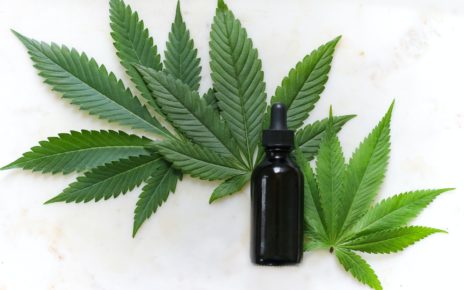Every drug has an impact on the body, but some are more damaging than others. Drug addiction is a complex disease that affects not only the mind but also the physical health of individuals.
In this deep dive, we will explore the various ways drugs can harm the body and how they can cause lasting damage even after recovery.
Understanding Drug Addiction
Addiction is a chronic disease characterized by compulsive drug seeking and use, despite harmful consequences. It is considered a brain disorder, as drugs can change the way the brain functions and affect its reward system. This leads to intense cravings and difficulties in controlling drug use, even when it has negative effects on one’s life.
Effects of Drugs on the Body
The physical consequences of drug use are wide-ranging and can vary depending on the type of drug used. Some drugs, such as opioids and stimulants, can cause major damage to the body in a short period, while others, like alcohol and marijuana, may have more gradual effects.
Cardiovascular System
Drug abuse can have serious effects on the heart and blood vessels, leading to an increased risk of heart attacks, stroke, and other cardiovascular problems. Stimulants like cocaine and methamphetamine can cause irregular heartbeat, high blood pressure, and damage to the heart muscle. Opioids also pose a threat to the cardiovascular system by slowing down breathing and reducing oxygen supply to the heart.
Respiratory System
Smoking or injecting drugs can cause damage to the respiratory system, with an increased risk of lung infections, pneumonia, and other respiratory illnesses. Drugs like marijuana and heroin affect breathing by slowing down the central nervous system, making it harder for the body to regulate respiration.
Liver and Kidneys
The liver and kidneys are responsible for filtering out toxins from the body. Prolonged drug use can damage these organs, leading to liver and kidney failure. Chronic alcohol abuse is a common cause of liver disease, while heroin and other opioids can harm the kidneys by reducing blood flow and damaging cells.
Reproductive System
Drug addiction can also have negative effects on the reproductive system. In men, drugs like steroids and methamphetamine can lead to reduced sperm count and fertility, while in women, drug use can disrupt menstrual cycles and increase the risk of infertility. Pregnant women who use drugs also put their unborn babies at risk for various health problems.
Dental Health
Drug use can also take a toll on dental health, causing tooth decay, gum disease, loss of teeth, and other oral health issues. This is mainly due to the acidic nature of drugs like methamphetamine, which can erode tooth enamel and cause severe damage to teeth. To address this, getting full-mouth dental implant treatments in Madison may be necessary for individuals who have suffered extensive tooth loss due to drug use.
Recovery and Long-Term Effects
With proper treatment and support, many individuals can recover from drug addiction. However, the damage caused by drugs may have lasting effects on the body even after recovery. Some long-term health consequences of drug use include increased risk of chronic diseases, such as heart disease and cancer, as well as cognitive impairments and mental health disorders.
Aside from the physical effects, recovering from drug addiction can also be a long and challenging journey. As the body adjusts to life without drugs, individuals may experience withdrawal symptoms that can range from mild discomfort to life-threatening complications. Seeking professional help and having a strong support system are crucial to achieving and maintaining sobriety.
Now that we have delved into the physical aftermath of drug addiction, it is clear that this disease not only affects the mind but also has serious consequences on the body. It is important to educate ourselves and others on the harmful effects of drugs to prevent and treat addiction effectively. Recovery is possible, but it requires a comprehensive approach that addresses both the physical and psychological aspects of drug addiction. So let us continue to promote awareness and support those who are on the path to recovery.



